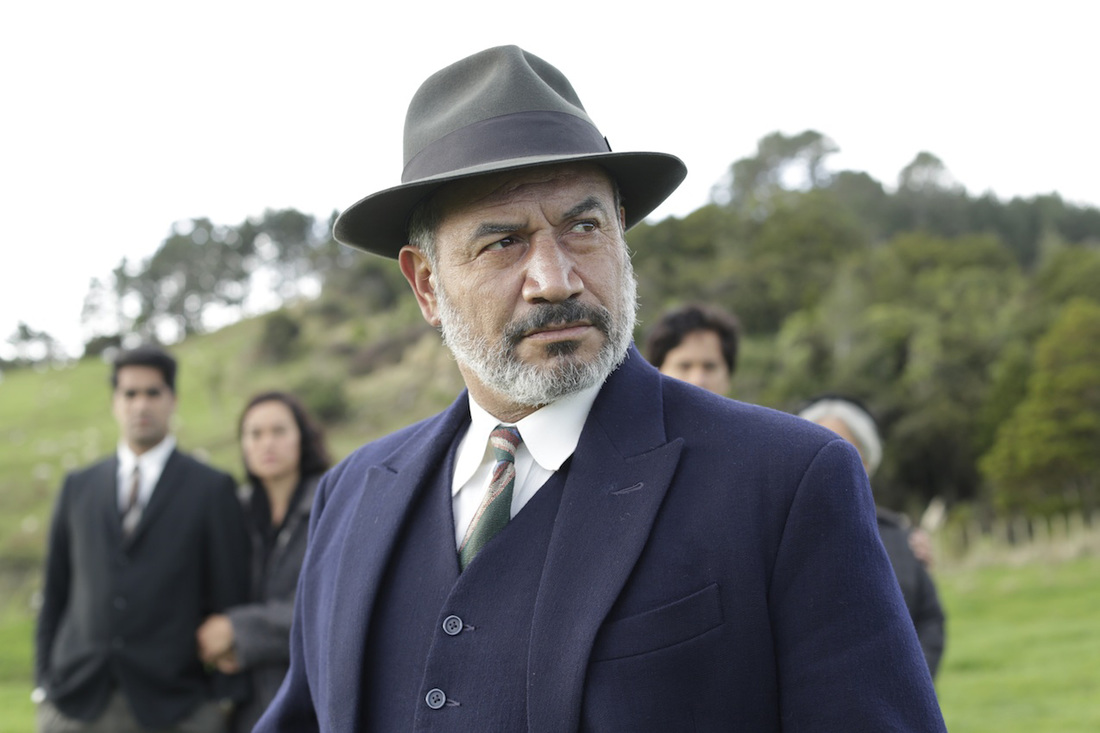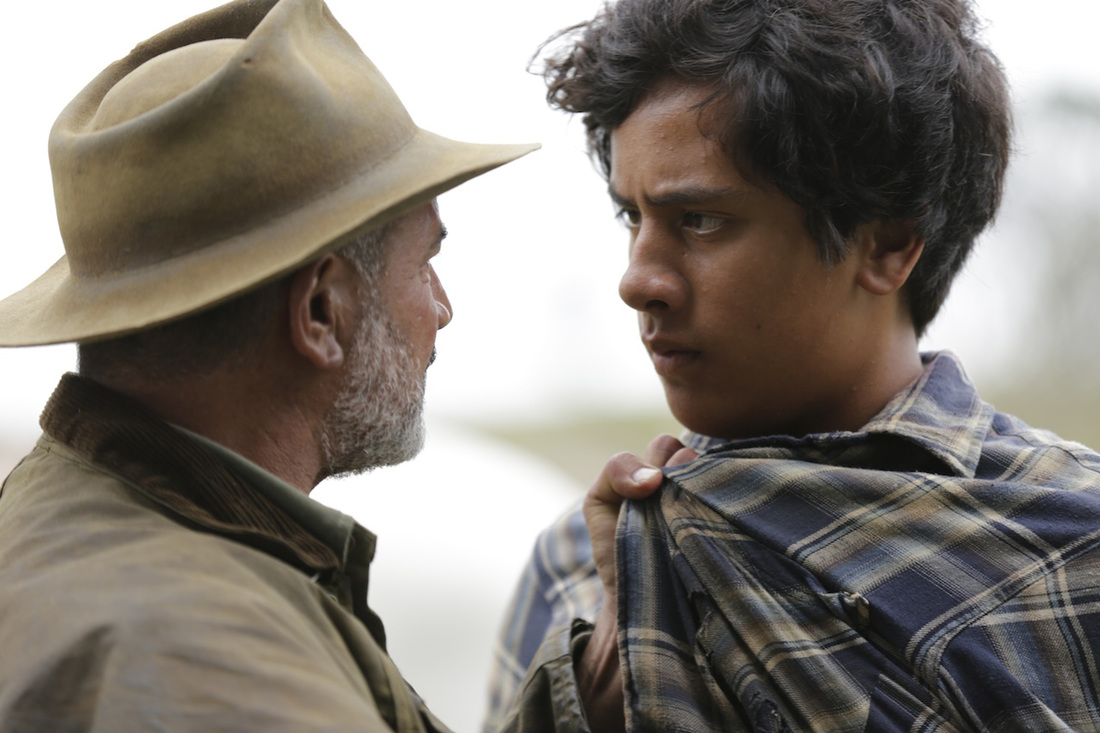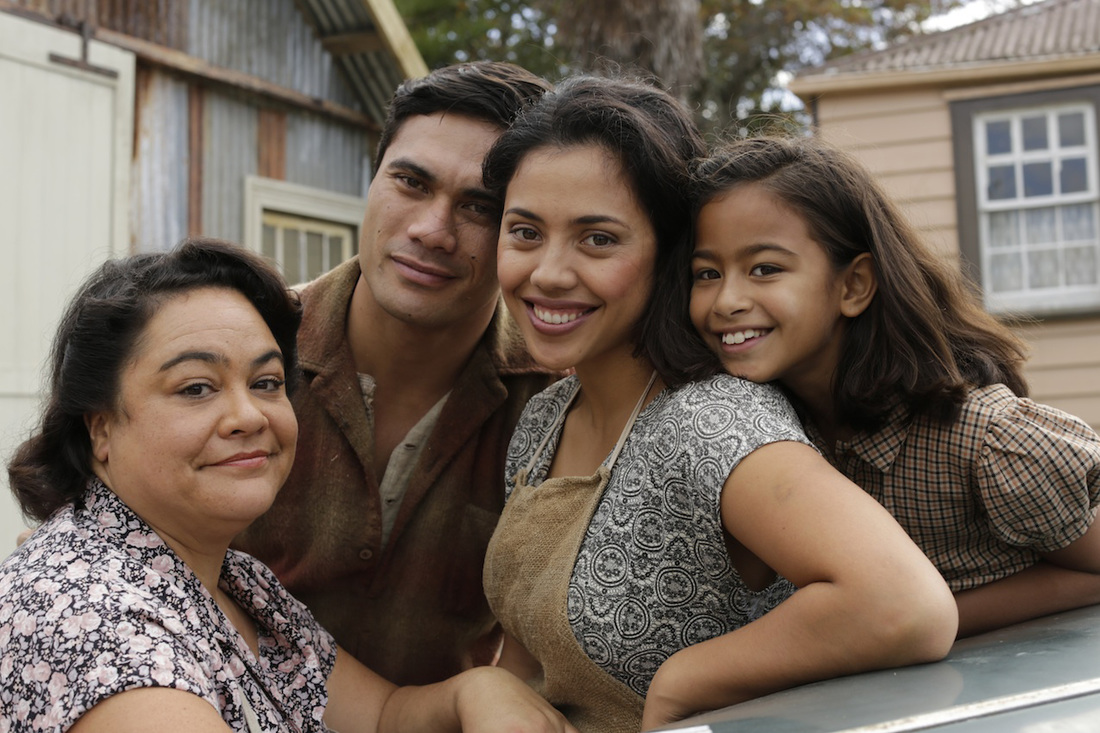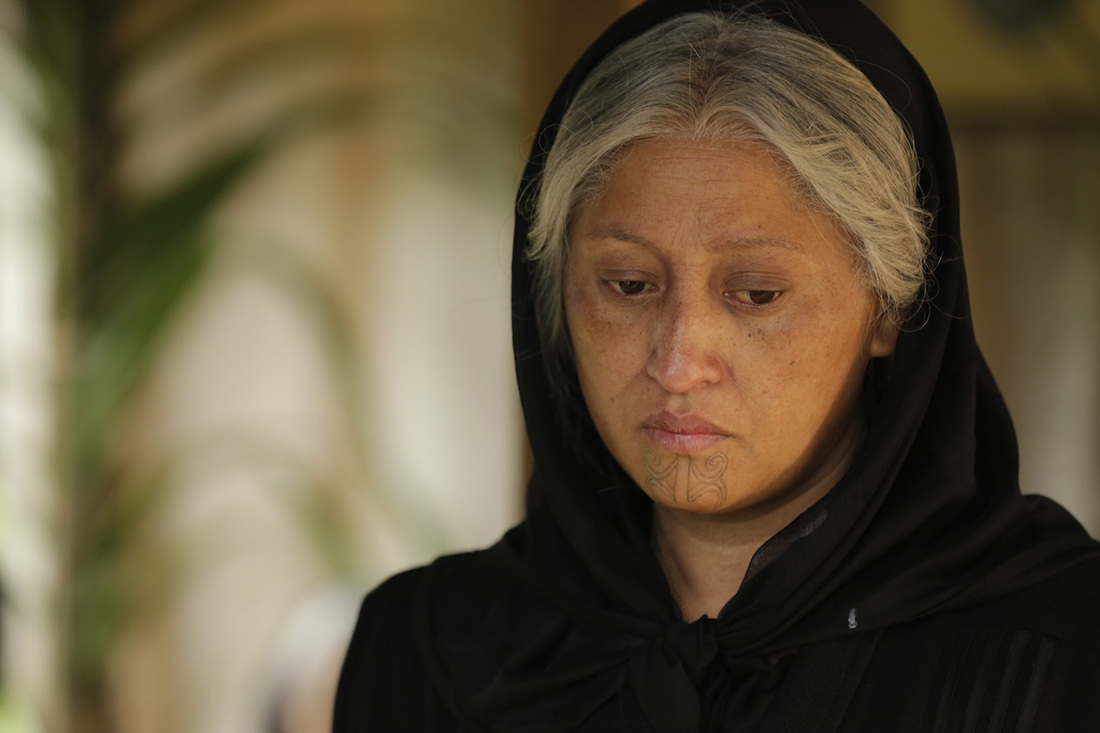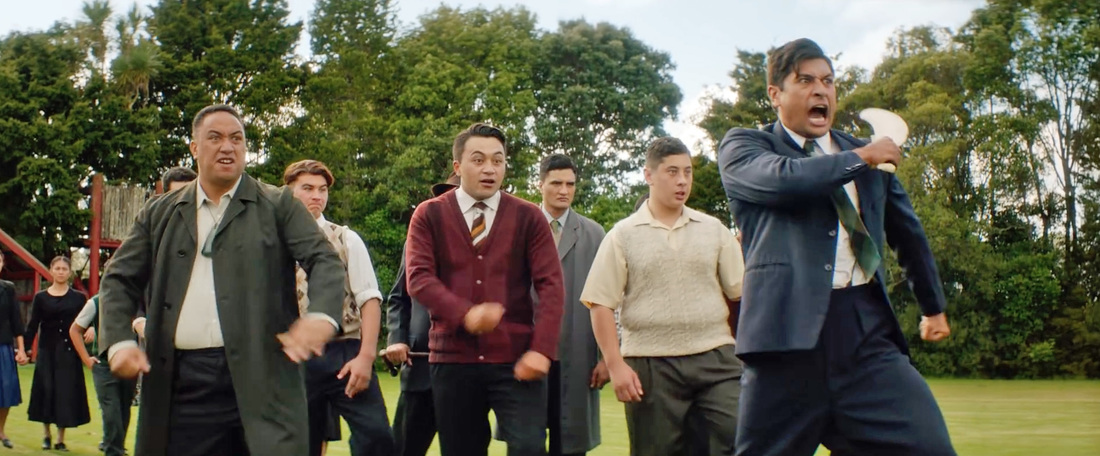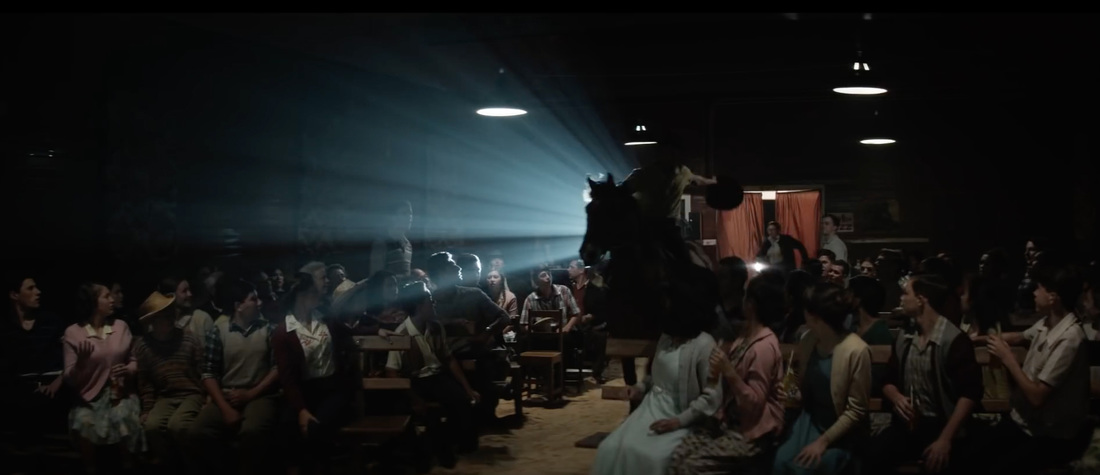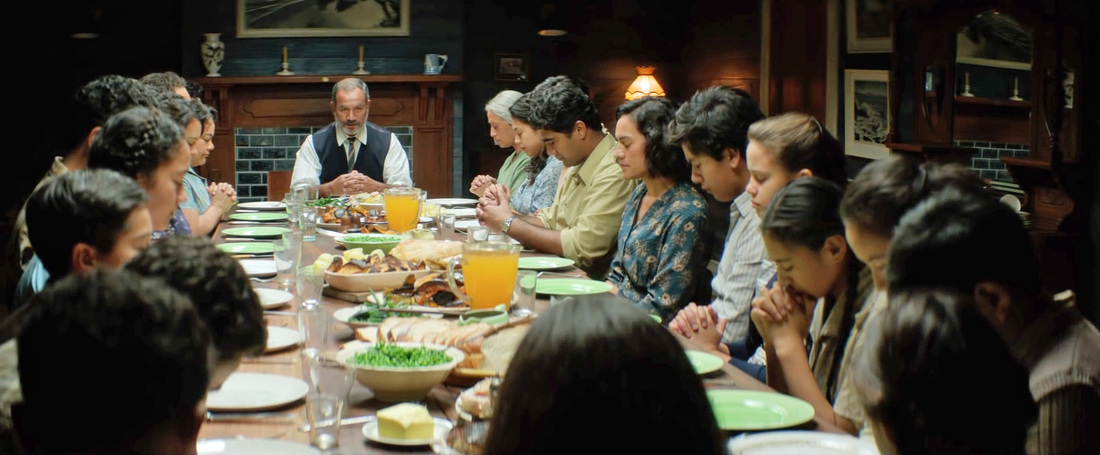|
How entertaining? ★★★★☆
Thought provoking? ★★★☆☆ 14 August 2016
A movie review of THE PATRIARCH a.k.a. MAHANA. |
YouTube review:
|
“And what do you want?” Simeon Mahana (Akuhata Keefe)
After several vapid Hollywood movies (DIE ANOTHER DAY, NEXT), director Lee Tamahori has returned to New Zealand and re-teamed with Jake the Muss, a.k.a. Temuera Morrison, for an invigorating parable. THE PATRIARCH lacks the energy and verve of the brilliant ONCE WERE WARRIORS (but really, what movies have that?), though makes up for it with allegory and political commentary. This family saga is not only condemnation of societal patriarchy, but used to look at tyranny on a national level - paterfamilias as dictator. A disheartening watch at times, though the denouement does not leave a bitter taste.
After several vapid Hollywood movies (DIE ANOTHER DAY, NEXT), director Lee Tamahori has returned to New Zealand and re-teamed with Jake the Muss, a.k.a. Temuera Morrison, for an invigorating parable. THE PATRIARCH lacks the energy and verve of the brilliant ONCE WERE WARRIORS (but really, what movies have that?), though makes up for it with allegory and political commentary. This family saga is not only condemnation of societal patriarchy, but used to look at tyranny on a national level - paterfamilias as dictator. A disheartening watch at times, though the denouement does not leave a bitter taste.
THE PATRIARCH has a melange of ideas, enough for several stories, and yet interweaves them seamlessly to create a rich experience:
1. Clan Rivalry
The Mahanas and the Poatas are families at loggerheads, for as long as can be remembered without the root cause being so. To bright, articulate teenager Simeon, it is senseless. While a member of one party, he views the bubbling conflict as if an outsider looking at two nation states pointlessly fighting or factions of a religious war fruitlessly antagonistic. That he has a soft spot for a Poata girl perhaps is the catalyst, though that would demean his intelligence. Fortunately, the narrative does not retread a tired ‘Romeo and Juliet’ path. The unspoken reason for the rivalry, which Simeon spends much of the movie trying to fathom, goes to the heart of much of the unhappiness on the screen, but wisely the possible resolution is not some panacea to solve the wider issue.
2. Totalitarianism
Tamihana (Temuera Morrison) is the titular grandfather patriarch, suffering profound personality flaws. An arrogant bully and narcissist, he is oblivious to the pain he inflicts on his family. Threatening to exile any member who proves too assertive. That does not swerve brave 14-year old Simeon from taking a stance and rebelling, demonstrating metaphorically how revolution against authoritarianism can take shape. There is an engaging family schism, and then a major rebellion. The microcosm and macrocosm of ideas is deft.
3. Imperialism
Being Maori and the 1960s there are civil rights issues. A school field trip to a court efficiently outlines what the indigenous population suffers.
4. Tradition
The film continually rails against those unwilling to adapt and progress, yet also reminds how shared cultural bonds gives important identity.
Add in gender inequality and THE PATRIARCH further impresses. At no point is the feeling of being lectured at or talked down to. The family drama is the vehicle for eloquently suggested themes.
Using these Google Adsense links help us keep Filmaluation free for all film and arts lovers.


